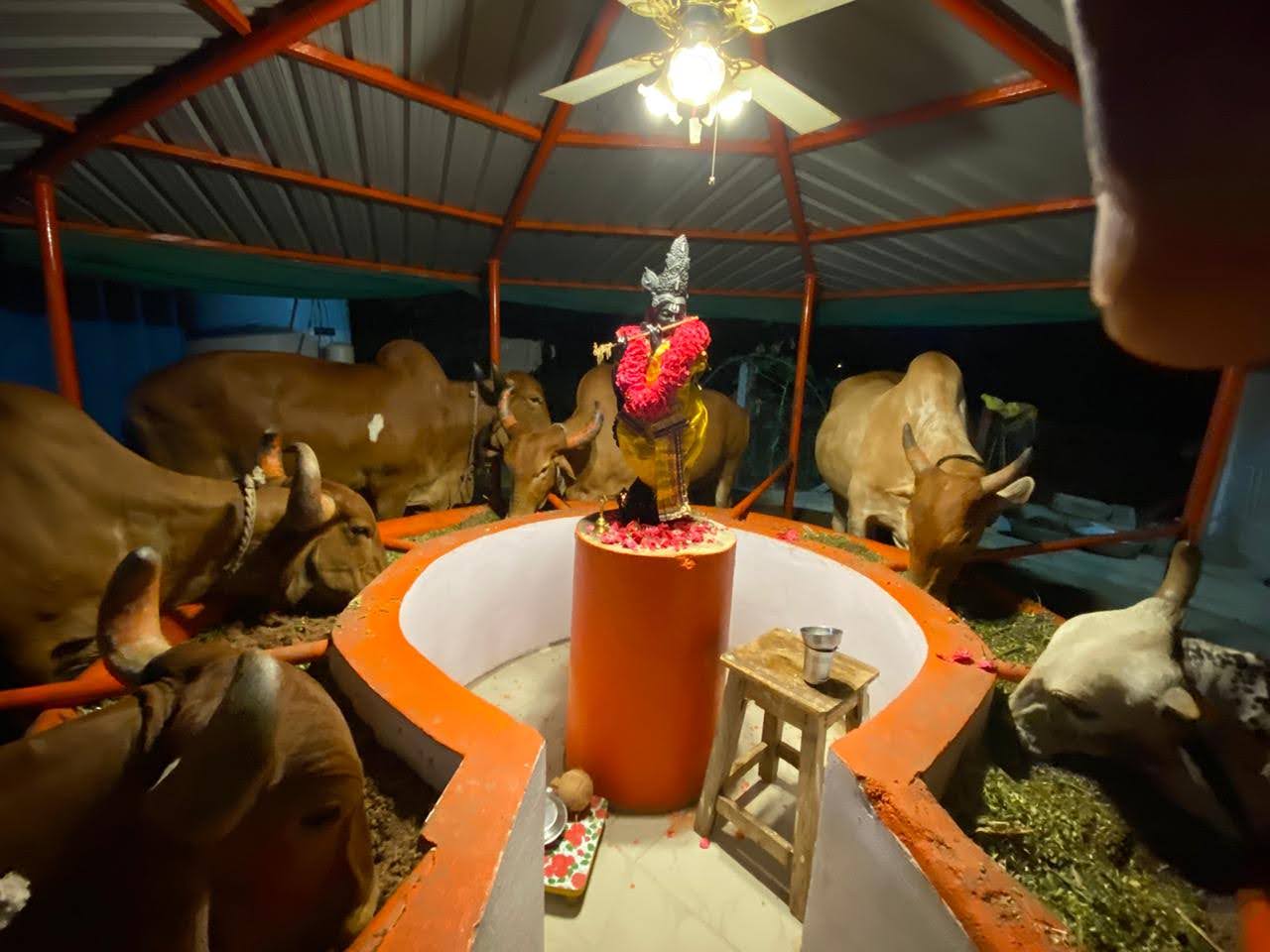Never too late to reform
- Kamadhenu Gowshala

- Mar 7, 2022
- 2 min read
This is the story of Sri Arunagiri Natha, a great saint.
In Tiruvannamalai, there once lived a Devadasi woman who had two children. On her death bed, she handed over her youngest child Arunagiri, to her daughter and passed away.
Arunagiri's sister took good care of her younger brother as promised to her mother. Arunagiri grew up to become indulgent to all sorts of bad habits, and was promiscuous, always visiting prostitutes. As his sister considered him his child, and pampered him, she would arrange for money and give it to him whenever she was asked.
Finally they lost whatever they had, but Arunagiri pestered and tortured her for more money, and threatened her that he would commit suicide if she doesn't give him money.
Pained by this, with tears in her eyes, his sister says, that she doesn't have any more money, and tells him, "You are in pain because you can't suppress your lust. I cannot see you suffer with this pain. What you are looking for is in me too, as I am a woman too, you can satiate your lust with me."
To these words, Arunagiri is filled with remorse and falls on her feet, begs for forgiveness, realises his wrong and runs to Arunachaleshwara temple shikhara and jumps shouting "MURUGA" ( another name for subrahmanya) aloud.
Such pure was his realisation and remorse that Subrahmanya comes out of the pillar on the floor and catches him in his arms. The temple where he emerged from the pillar can even today be seen in Arunachalam.
Subrahmanya writes the Shadakshari Mantra on his tongue, and Arunagiri becomes a great scholar. He wrote 16,000 verses in the praise of Subrahmanya "Tiruppukkal", out of which only 1300 are available.
The story depicts the importance of Paschattapa (remorse) and also that it is never too late to realise and come back to your roots as an elevated soul.
Garuda Maha Purana says, once you realise your mistake and do Paschattapa, you should let that go, and shouldn't continue to torment yourself (Karpanya Dosha it is called).

Comments